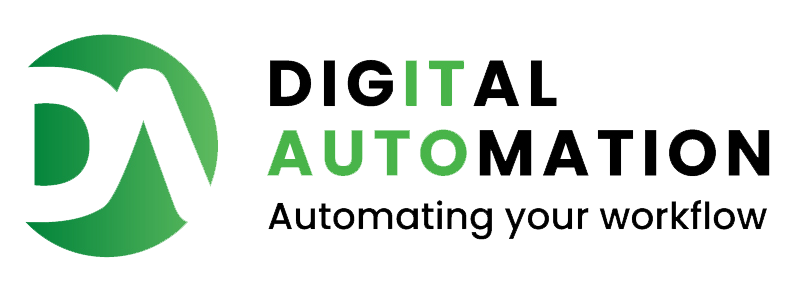Is your business compliant?
This blog summarises the key points your business needs to know. We can assist your business in complinace with our solution.
- Awareness – You should start thinking now about whether you need to put systems in place to verify individuals’ ages and to obtain parental or guardian consent for any data processing activity.
- Information you hold – You should make sure you have the right procedures in place to detect, report and investigate a personal data breach.
- Communicating Privacy Information – You should review your current privacy notices and put a plan in place for making any necessary changes in time for GDPR implementation.
- Individual Rights – You should check your procedures to ensure they cover all the rights individuals have, including how you would delete personal data or provide data electronically and in a commonly used format.
- Subject Access Requests – You should update your procedures and plan how you will handle requests within the new timescales and provide any additional information.
- Lawful Basis for processing personal data – You should identify the lawful basis for your processing activity in the GDPR, document it and update your privacy notice to explain it.
- Consent – You should review how you seek, record and manage consent and whether you need to make any changes. Refresh existing consents now if they don’t meet the GDPR standard.
- Children – You should start thinking now about whether you need to put systems in place to verify individuals’ ages and to obtain parental or guardian consent for any data processing activity.
- Data Breaches – You should make sure you have the right procedures in place to detect, report and investigate a personal data breach.
- Data Protection by Design & Data Protection Impact Assessments – You should familiarise yourself now with the ICO’s code of practice on Privacy Impact Assessments as well as the latest guidance from the Article 29 Working Party, and work out how and when to implement them in your organisation.
- Data Protection Officers – You should designate someone to take responsibility for data protection compliance and assess where this role will sit within your organisation’s structure and governance arrangements. You should consider whether you are required to formally designate a Data Protection Officer.
- International – If your organisation operates in more than one EU member state (ie you carry out cross-border processing), you should determine your lead data protection supervisory authority. Article 29 Working Party guidelines will help you do this.
If you require further assistance or would like to find out how our solution would assist your business with GDPR compliance then please use our contact page and we will be in touch.



